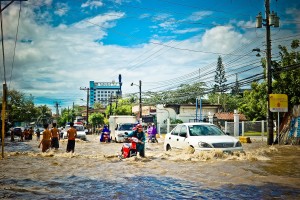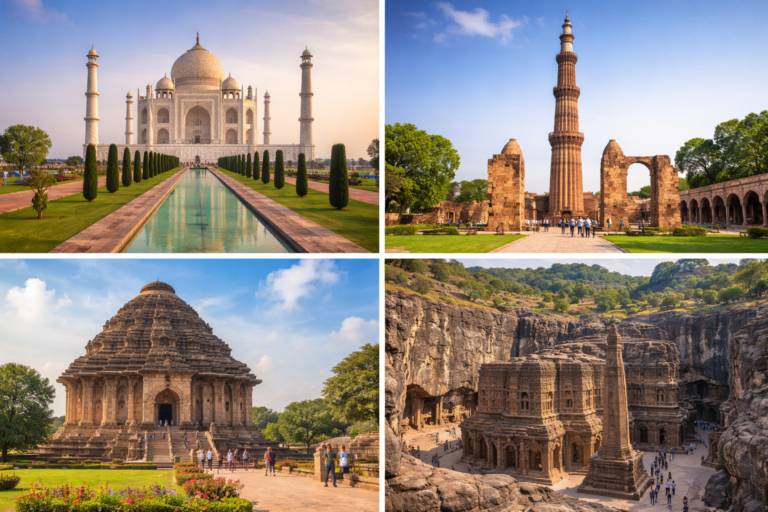
Sunday Snippets
 By Venkatesh Raghavan
By Venkatesh Raghavan
I am reminiscing on the great deluge that occurred on 26 July 2006 in Mumbai city and neighbouring satellite township of Navi Mumbai. I was working for a CMM 5 company housed in the plush Hiranandani complex. Our office occupied the fifth and sixth floor of what was called Spectra building, named after the Wipro call centre located on the second floor.
At around 3 pm. I came down for a smoke. It was pouring heavily outside. I just stood at the border of the high roofed parking lot and the open space. I did not give much thought to it as Mumbai was no stranger to heavy downpours. It was 6 p.m. in the evening when I headed to the canteen for my snacks. I again came out and stood smoking watching the continuing down pour. The alarm bells had still not rung.
Also read: Sunday Snippets: When the cop told me: “Are you mad? He will gun you down.”
Only after the clock struck 6.30 pm., when the office buses that ply us to our destinations failed to turn up and the whole crowd got stuck, did it strike me that Mumbai was faced with an unprecedented deluge. I promptly called up home and informed that I will be held up till the floods had abated. At around 9 p.m., when I finished having a few bites of pav bhaji, I heard that our office had managed to arrange a bus that would head along the Eastern Express Highway to Dadar. I soon boarded the bus and it took time for our driver to ensure that everyone headed in that direction had trooped in. However, the bus was unable to cross the Vikhroli-Ghatkopar stretch in the eastern suburbs of Mumbai and consequently, we returned to our office.
I spent the night resting my back on a comfortable bean bag and at times strolling to the vending machine for cups of tea. At around 6 a.m. I was informed that the canteen had opened up for serving breakfast. After munching into the steaming hot idlis and accompanying it with an early morning smoke, I returned to the sixth floor and as I was about to cross the lobby and swipe my card, I met a colleague holding a very senior position, by name Mini Philip. She told me we can try going by car. I and another colleague of mine got into her car quickly and we set off.
Mini recalls those moments even today for the hilarious anecdotes that I laced my conversation with. As we neared Ghatkopar, it became clear that the floods had not subsided and we cannot progress and nor can we abandon our car and walk. It looked dismal as there were a host of vehicles standing at bumper-to-bumper space on the highway, right from the foot of the flyover to a seemingly unending stretch.
As I stepped out to get a good view, I pleaded with Mini to permit me the minor indulgence of having a drag. The situation looked hopeless and my other colleague too had come out and it felt as if it is a case of three babes in the wood instead of the proverbial two. We got back into the car and all three of us were clueless on what will be our next course of action.
Finally, my other colleague told Mini, we should try the BPT road (meaning the road adjoining the harbour areas of Mumbai). As a journalist who was used to gaining access into restricted areas, I harboured the fear that without proper documents, our team would be forced to go back, if we attempted to avail of the BPT stretch. However, Mini thought about it and said, “It usually is closed to the public. Maybe, today it can be open as an exception.”
Luckily the BPT road was open. There was no one in sight asking to see our papers or waiting to conduct any sort of check. We were able to commute along the stretch. Mini’s destination was Sewri. I and my other colleague got out of the car one stop behind at Wadala. As we were on the BPT stretch, we were in the east of Wadala. We had to trudge in the flooded stretch and use the foot overbridge to arrive at the west. We then managed to get our separate cabs to our respective destinations, courtesy cabs parked outside the railway station entrance. Even today, when I think of those tense moments, I feel much luckier than people who had to put up with the extensive damage to all their property owing to rainwater flooding their homes and offices, causing them to start from scratch.





